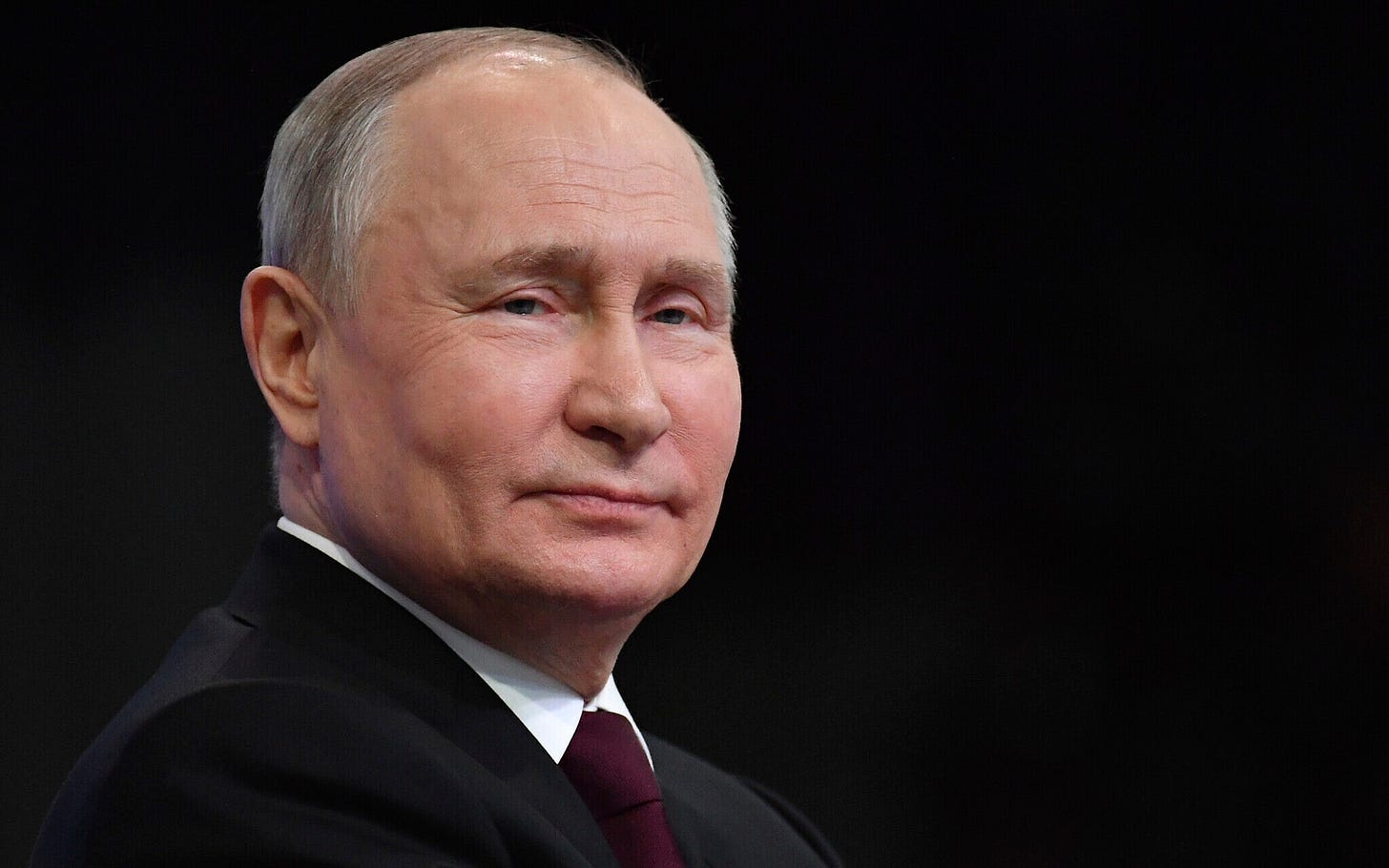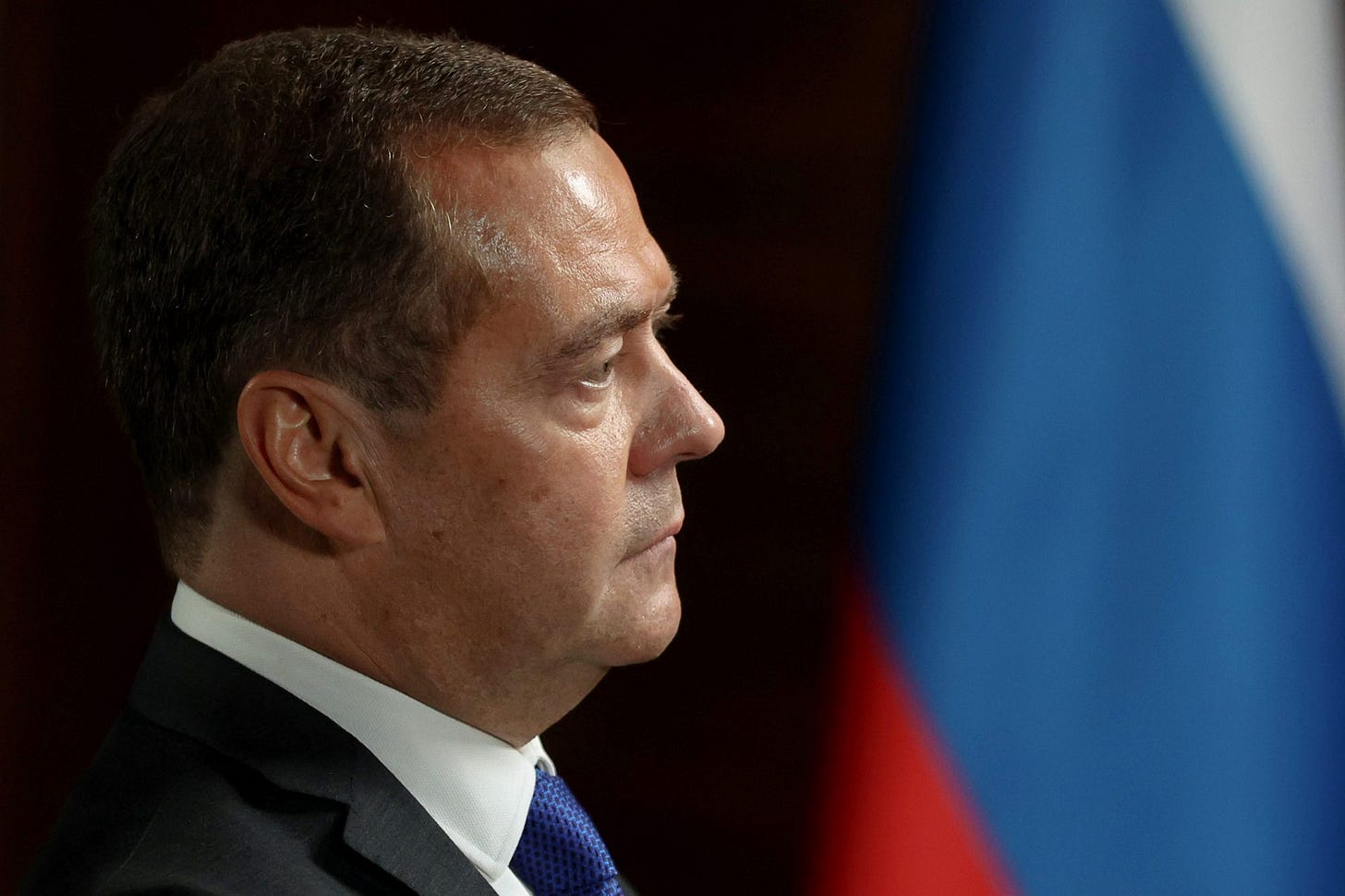We probably need to say a few words about the situation with the arrest of another former deputy of the now former Deputy Minister of Defense Sergei Kuzhugetovich Shoigu. You can argue for a long time about what is behind it, delve into the particulars, and savor the details. But, as you know, experience is the criterion of truth, and, based on this, the processes around Shoigu are more and more reminiscent of a scenario of a total purge of a certain influence group.
This doesn't happen when Vladimir Putin is merely personally hurt or offended - this is categorically inappropriate to say - but rather when someone did not live up to the Supreme’s trust.
This, by the way, does not necessarily mean, as we will see below, that the President began to personally have a negative attitude towards the person. However, the rules are the rules. In this case, the rule is this: the closer you are to the Supreme, the greater the demand (from personal observations).
Thus, Putin, as I understand it, is fighting against servility in his circle - so that not sycophants but efficient people break through to the center of power.
However, what is behind these total purges of a key department, especially during the war? To understand this, we need to go back to the recent past. We remember the case of the former governor of Dagestan, Ramazan Abdulatipov, and the case of the former Prime Minister of the Russian Federation Dmitry Medvedev.
The first, having broken into a position of power, built a very dishonest system - on the one hand, he, following the example of Kadyrov, declared himself Putin’s personal friend and did not hesitate to glorify the head of state at every turn.
But, if Kadyrov really showed the results of his work, then Abdulatipov, hiding behind the facade, dragged everything he could from the unfortunate republic, ate, as they say, not just enough for three, but ten snouts. Adbulatipov’s brother and his son-in-law especially distinguished themselves. At the same time, the governor himself, in addition, did not hesitate to position himself as an independent player in the foreign policy arena - he began to make his own “state” visits to Turkey and Saudi Arabia. He promised all kinds of nonsense and was instantly recruited through his own eldest daughter, who did not have a very good personal life.
As a result, several signals were sent to the entire Russian elite through the Abdulatipov case:
First, personal integrity. You can be a complete sybarite, like German Gref, but the result is the main thing.
Second, you can lick the boss’s ass as much as you like, but the result is still the main thing.
Third, trading the Motherland is strictly prohibited in any case, whether with or without results.
The only thing that saved Abdulatipov from his beloved prison boss in Karelia was that he did not have time to actually hand over anything to our sworn external partners, although they got very close to him.
This is the only reason why Abdulatipov did not go to prison in full, but was sent into a shameful eternal exile, and neither he himself nor his relatives, of those who retained freedom, will ever get out of it.
Now, regarding the purges of Dmitry Medvedev’s entourage - the case of the “chess mafia”, the Magomedov case, and a number of other high-profile cases:
Dmitry Anatolyevich himself retained personal integrity and devotion to the Motherland, so he was only transferred to a velvet position in the Security Council - under the supervision (read re-education) of the great and terrible Nikolai Patrushev. (For anyone who doesn’t know, Nikolai Platonovich is considered such a consensus figure for the Russian elite - the second echelon of our stability systems of power, which are specially shown to everyone).
Importantly, Medvedev’s key government managers (Tkachev, Dvorkovich) also retained their personal freedom and assets.
Shoigu was obviously going to be dealt with as Medvedev. Why is it important? Personally, both Dmitry Anatolyevich and Sergey Kuzhugetovich not only maintained their loyalty to the state, but also showed themselves to be very good government managers who have accumulated enormous experience. Apparently, their transfer to the Security Council means that in the future, they have every chance of returning to active government, having undergone some kind of “cleansing” by the penates of Nikolai Platonovich.
This is especially true for Dmitry Anatolyevich, and Kuzhugetych is still quite an old politician.
But Sergei Shoigu’s managers will suffer because (unlike Tkachev and Dvorkovich) they did not maintain personal integrity.
Obviously, the most publicly damaging factor for them was the severe Brezhnev syndrome - the rear people began to hang military orders and medals on themselves, and, worst of all, hand them out to just anyone.
We must understand that Putin regards this human trait as some kind of key marker of character. Remember the police general, to whom he personally provided the opportunity to engage in science? (Let me remind you, the general became a corresponding member of the Academy of Sciences out of some hangover...)
Many may think that I am drawing an overly complex picture here. However, the corridors of Russian power are labyrinthine, and one navigates them mainly by signals.
Putin does not speak words, but sends these very signals - whoever did not understand, or tried to slip past, let him blame himself. Because, in the realities of the modern, very complex structure of power, they have a force at least equivalent to the force of the law.







I think my dad Vlad is doing a great job, evidenced by how much of the ire of the Arrogant liar West he has drawn .
I think Mom made a grave mistake taking us out of Russia, scAmerica ain't a kind place
A very informative article, I wish more people could read it, to dispel the cartoon caricature image Western propaganda conjures.